
- About Us
- Events
- Membership
- Fellow Membership
- Reminiscences - Members
- Home
- SACNASP
- Awards
- News
- SA Journal of Chemistry
- Vacancies
- Notices & Announcements
- Chemistry Departments
- Interesting Websites
- Salary Survey
Advertise Here

Quick Links
 |
 |
 |
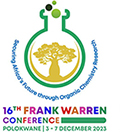 |
|
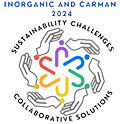 |
 |
|
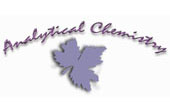 |
 |
 |
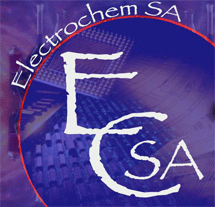 |
 |
 |
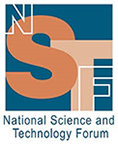 |
| |
SACI Facebook : https://www.facebook.com/saci.official/
SACI Instagram: https://www.instagram.com/saci_chemistry/
Frank Warren Conference 2023 | 3 - 7 December 2023
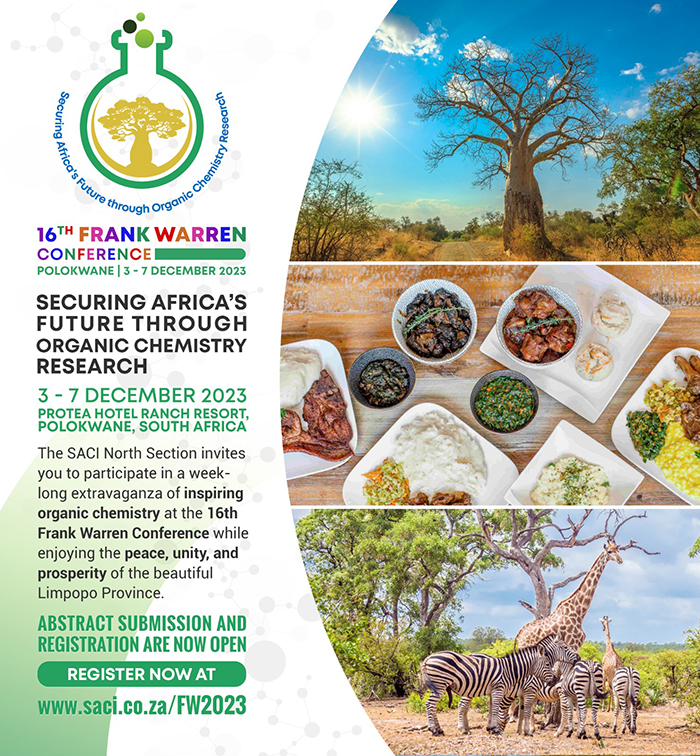
Statement on Diversity and Inclusion – South African Chemical Institute
The South African Chemical Institute is committed to diversity and inclusivity in chemical sciences. The Institute opposes discriminatory acts or threats based on race, ethnicity, citizenship, culture, language, disability, age, religious or spiritual beliefs, political opinion, gender, sexual identity, sexual orientation and economic class.
The Institute is dedicated (i) to endorsing excellence and scientific credibility across chemical sciences conducted in academic, industrial, and governmental institutions, and (ii) to nurturing the values of diversity, inclusivity, and equity in the chemical sciences in South Africa. Hence, SACI will continue to play a leading role in assuring the professional competence and integrity of chemists and fostering international collaboration whilst upholding inclusivity and diversity.
Statement on Sexual Harassment – South African Chemical Institute
The South African Chemical Institute will not permit any kind of sexual harassment (physical, verbal or non-verbal conduct) in the Institute or at events organised by or related to the Institute. The Institute is committed to and fully supports environments that are free of any form of unfair discrimination and harassment, including gender-based violence. Allegations of any form of sexual harassment will be dealt with seriously, expeditiously, sensitively and confidentially.
Statement from SACI Council on tertiary training in chemistry as a result of disruptions to the 2020 academic year due to the COVID-19 pandemic.
As the professional body representing the interests of all chemists in South Africa, we recognise the challenges that the current COVID-19 crisis presents to all our members in academia, research and industry. We also acknowledge the challenges the current situation presents to our tertiary institutions and specifically the challenges presented by moving to online teaching. We applaud the efforts of all our members who work at tertiary institutions who have adapted and innovated to ensure that we can continue as far as possible with our teaching and learning of chemistry even when on campus face-to-face contact is not possible. Our tertiary institutions play a critical role in not only training the next generation of chemists, but they are also tasked with the important responsibility of ensuring that many people from other professions and disciplines are trained in the fundamental principles of chemistry.
We reaffirm our belief that this training is essential, as chemistry is one of the central sciences. Key to this training is the practical component and laboratory based skills development. While we accept that this critical component of our training is not possible under the current situation, we strongly urge that plans be put in place to preserve this component of training as part of the curriculum as far as possible. In some cases, virtual laboratory tools can facilitate learning, but we believe that “in laboratory practical training” particularly for senior level courses should be preserved. SACI strongly recommends that at least a critical minimum practical experience should form part of the plans to complete the 2020 academic year at our tertiary institutions. We believe that this is essential to preserve the validity and integrity of the academic training programmes in chemistry.
Latest Updates:
Download Latest SACI Newsletter
Pay your SACI membership fees with SnapScan

SACI Ties, Scarfs and T-shirts
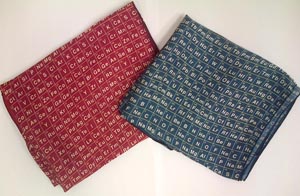
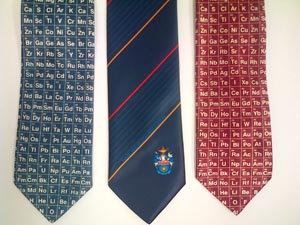
Periodic table ties and ladies scarfs R140 each.

Periodic table T Shirt Short sleeve R200, Long sleeve R220
Please contact head office to place orders.
There is also a courier charge of R150 per order for delivery.
